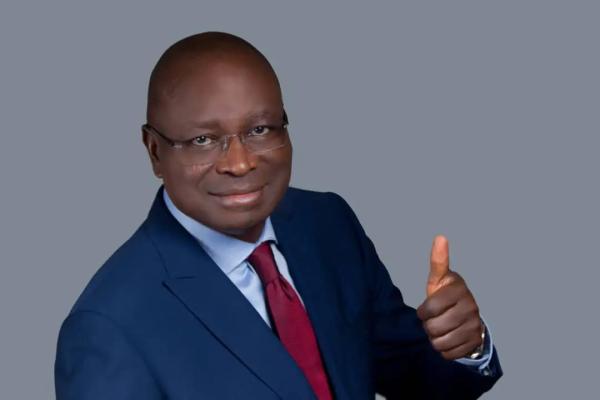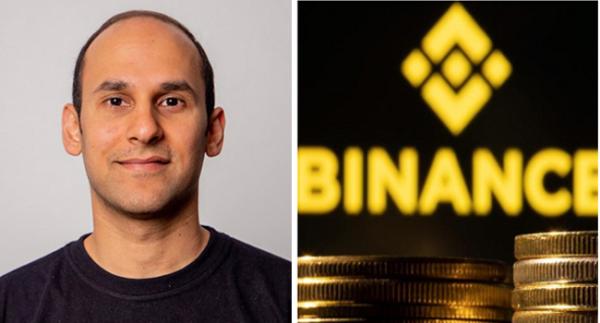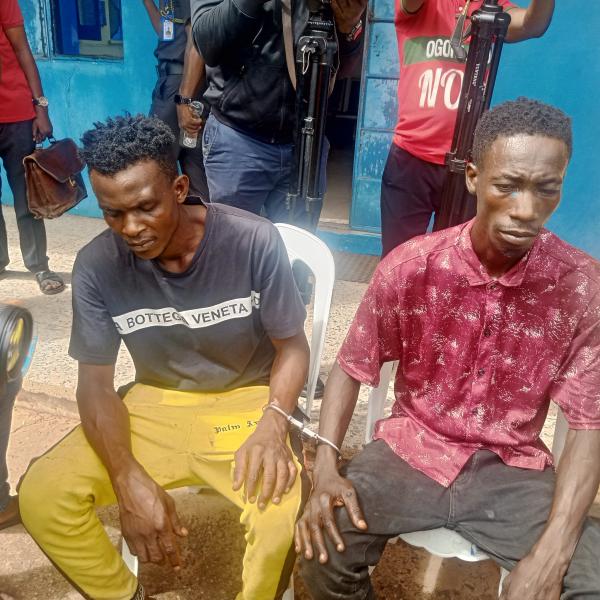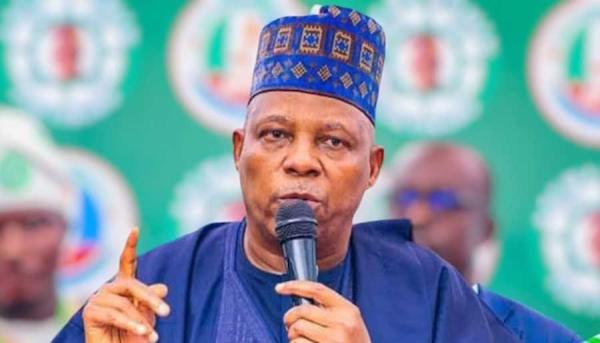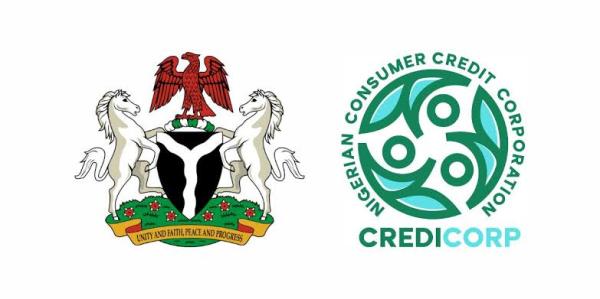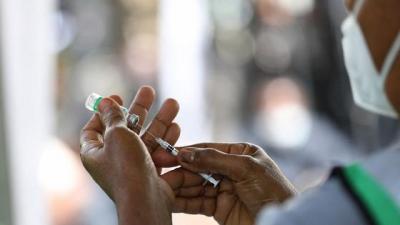
Tuesday, 11 May 2021: The pandemic, Coronavirus popularly known as COVID-19 has emerged to join the list of the deadly diseases in the world today. This disease, which is caused by severe acute respiratory syndrome 2 (SARS-CoV-2) was declared a pandemic by the World Health Organisation on the 11th of March 2020.
It is one of the deadliest pandemics in the history of man with over 3.22 million deaths recorded so far as at May 11. Recall the virus was discovered in December 2019 in Wuhan, China.
Due to the fact that COVID is a novel disease and a highly contagious one, spreading rapidly across continents, the pandemic aroused fear, anxiety, and panic among citizens.
The disease is transmitted when an infected person gets in close contact with another person. When an infected person coughs, sneeze, breathe or speak, small droplets containing the virus leaves and enters into another person through their mouth, nose, or eyes.
The threat is so great that the entire world was placed on lockdown in the matter of social restriction such as on international and national transport links, market or business transaction, school and organization activities, and all related social and religious gatherings.
Recommended preventive measures include social distancing, wearing face masks in public, ventilation and air-filtering, hand washing, covering one's mouth when sneezing or coughing, disinfecting surfaces, and monitoring and self-isolation for people exposed or symptomatic. Several vaccines have been developed and widely distributed since December 2020.
On 2nd of March 2021, close to 4 million doses of COVID-19 vaccines was shipped into Nigeria through the Coalition for Epidemic Preparedness Innovations, (COVAX), Facility, a partnership between Coalition for Epidemic Preparedness Innovations (CEPI), Global Alliance for Vaccines and Immunizations, (GAVI), United Nations Children Emergency Fund, (UNICEF), and World Health Organization, (WHO).
The Managing Director for Country Programmes at Gavi, Thabani Maphosa stated that; “This is a landmark moment for Nigeria and the COVAX Facility’s mission is to help end the acute phase of the pandemic by enabling equitable access to these vaccines across the world.”
WHO Representative in Nigeria, Dr. Walter Kazadi Mulombo, said: “It is heart-warming to witness this epoch-making event and WHO wishes to congratulate the government of Nigeria for its participation in the global vaccine collaboration (COVAX) efforts and its commitment to protecting Nigerians against this pandemic.
According to him, “Vaccines are a critical new tool in the battle against COVID-19; therefore, this is a step in the right direction. These vaccines have undergone rigorous regulatory processes at global and country level and have been deemed safe and effective.”
The arrival marked a historic step towards the goal to ensure equitable distribution of COVID-19 vaccines globally, in what will be the largest vaccine procurement and supply operation in history. The delivery is part of a first wave of arrivals in Nigeria that will continue in the coming days and weeks. Nigeria commenced nationwide vaccination on March 5 after receiving doses of the COVID vaccine.
Despite these assurances, availability of the vaccine and the preparedness of medical personnel in ensuring that the vaccine gets to every eligible citizen of Nigeria, the attitude of most Nigerians towards being vaccinated is negative, this will obstruct the Nigeria’s authority target to vaccinate 109 million citizens within the next two years.
Aniette Patrick, a journalist, says she thinks the issue of trust is a major challenge for most Nigerians because leadership has been a major challenge and people tend not to trust the system in place despite the campaigns and enlightenment.
“In Nigeria, I guess nonchalant attitude is one thing and lack of trust is another, people feel what the government is giving as vaccines may not be the same thing others are receiving, that is the common man understanding and I think that is the major factor,” she added.
A recent release by the National Primary Health Care Development Agency, (NPHCDA), showed that only 1,043,737 eligible Nigerians have received the first dose of the vaccination as at April ending. Nigerian government has disappointed the citizens many times and it is now difficult for citizens to trust political leaders.
The potency of the newly procured AstraZeneca vaccine is not known by most Nigerians. Some citizens are also bothered about the speed with which things have been done – from testing to manufacturing.The government will have to work hard if it’s going to win people’s trust.
Vaccine hesitancy, however, is strong among Nigerians according to a poll by NPHCDA, which showed that only 50% of the population would like to be vaccinated. Despite government’s repeated assurances, many citizens still believe that the vaccines have long-term side effects.
A medical consultant at the United Nations Nigeria Isolation Center at Durumi in Abuja, Dr. Yunusa Thairu stated that; “Amplified vaccine safety messages are needed to help tackle hesitancy, dding that the misinformation on news media is alarming, a lot of messages on how to use non-pharmaceutical methods to prevent and cure COVID-19 are going on and on.
“I think this is time for us to use social media and the likes to create awareness on this vaccine and enlighten people of its importance to containing the disease.
“We will continue to use all available channels and media to enlighten the public and provide clarifications where necessary,” he stated.












